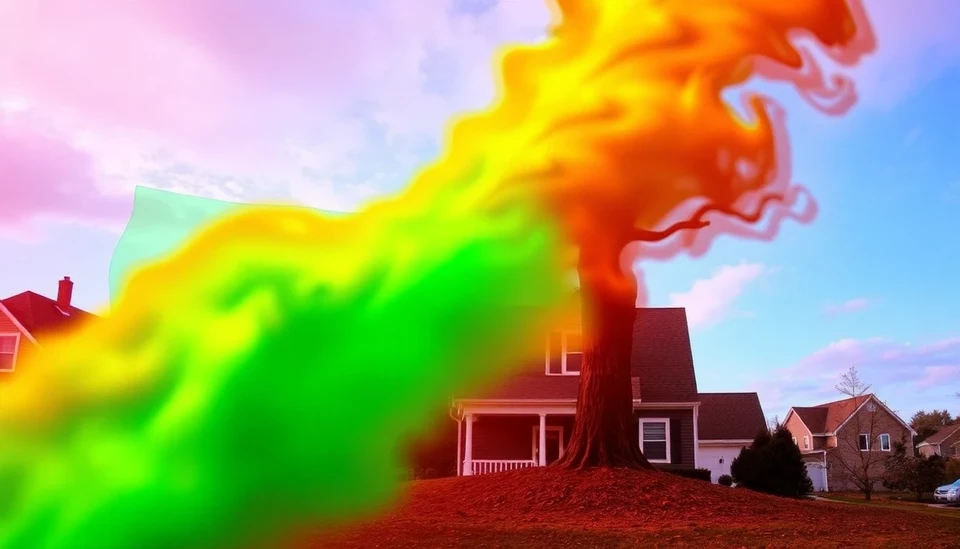
As the world experiences one of its hottest years on record, the United States has found itself grappling with unprecedented energy demands, particularly for home cooling. A recent report reveals that in January 2025, U.S. residences consumed a staggering amount of energy to combat soaring temperatures, surpassing previously recorded figures.
The nation's homes reacted to a summer marked by relentless heat waves, pushing air conditioning units to their limits. Utility companies across the country are reporting significant spikes in energy consumption as Americans seek relief from oppressive summer conditions. This surging demand has not only stressed the energy grid but has also raised concerns about sustainability and the long-term implications of such usage on energy infrastructure.
According to analysts, the increased use of air conditioning in an effort to maintain comfortable indoor conditions has resulted in energy consumption levels that are 15% higher than average for this time of year. This surge has drawn attention to the balance between cooling needs and the environmental impact of increased energy use, especially in the context of an era defined by climate change.
Moreover, with forecasts predicting continued warming trends, experts warn that this spike in energy usage could become the new norm rather than a temporary anomaly. Households will likely need to invest in energy-efficient appliances and consider alternative cooling methods to adapt to the ongoing climate crisis.
In response to the rising temperatures, many regions are exploring innovative approaches to energy management. Local governments and energy providers are launching campaigns aimed at promoting energy efficiency, encouraging residents to reduce peak demand through behavior modification and the adoption of renewable energy sources.
While the immediate effects of these record temperatures are evident, the long-term implications remain to be seen. Analysts are urging action on both personal and systemic levels to mitigate energy consumption and shift towards more sustainable practices. In light of escalated energy needs, public discourse around energy policy reform has intensified as stakeholders investigate solutions to energy security and environmental integrity.
In conclusion, as 2025 marks a pivotal moment in the intersection between climate conditions and energy consumption patterns in the U.S., a coordinated response is essential. The unfolding events highlight the urgency of addressing climate change and the necessity for efficient energy practices within households to ensure a sustainable future.
#EnergyRecord #ClimateChange #Sustainability #HomeCooling #AirConditioning #RecordHeat #EnergyConsumption #FutureTrends
Author: Peter Collins




